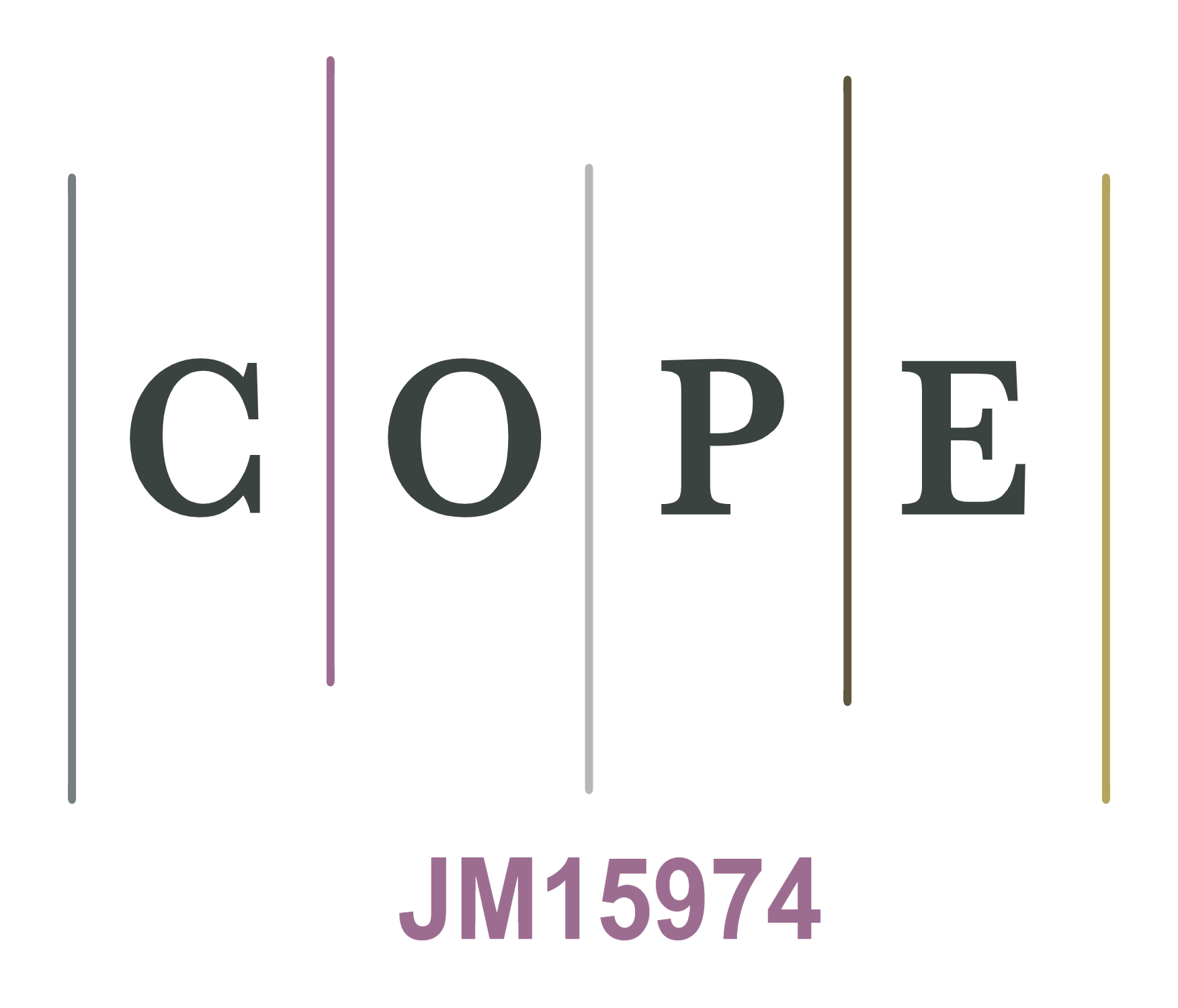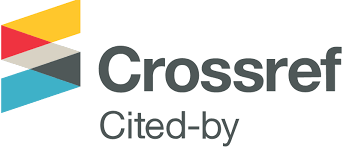Street Trading and Urban Distortion: Rethinking Impacts and Management Approaches from Urban Planners’ Perspective in Enugu City, Nigeria
Viewing Street Vending Activities from the Lens of Orderliness and Economic Gain
DOI:
https://doi.org/10.25034/ijcua.2023.v7n2-13Keywords:
Informal economy, Planning and management, Street trading, sustainable city, urban distortion Enugu, NigeriaAbstract
This study investigates the relationship between street trading and urban planning in Enugu City, Nigeria, within the expanding informal economy of the global South. It particularly focuses on the perspectives of urban planners regarding the impacts and management of street trading. The research employed a mixed-method approach, including personal observation, questionnaires, and in-depth interviews, analyzed through basic statistical methods. Findings reveal that urban planners recognize the socio-economic importance and cultural relevance of street trading, despite its negative spatial externalities. Contrary to prevailing assumptions, planners favour negotiated solutions over forced evictions. This study highlights the need for inclusive urban planning practices that accommodate the socio-economic benefits of street trading while addressing its challenges, contributing to the discourse on sustainable urban development.
Downloads
References
Al-Jundi, S. A., Al-Janabi, H. A., Salam, M. A., Bajaba, S., & Ullah, S. (2022). The impact of urban culture on street trading: A path model analysis of the general public’s perspective. Frontiers in Psychology, 12, 831014.
https://doi.org/10.3389/fpsyg.2021.831014
Bandauko, E., & Mandisvika, G. (2015). Right to the city? An analysis of the criminalisation of the informal sector in Harare, Zimbabwe. Journal of Advocacy, Research and Education, 4(3), 184–191
Bello, O. A., & Osunde, I. L. (2022). Incidence of Girl-Child Defilement in Ugbighokho Community South-South Nigeria: The Way Forward. Mediterranean Journal of Social Sciences, 13(1). https://doi.org/10.36941/mjss-2022-0002
Bhowmik, S. K. (2003). Urban Responses to Street Trading In India. Africa’s at the urban research symposium on urban development for economic development for economic growth and poverty reduction, Washington D.C.
Bhowmik, S. K. (2005, June 28). Street Vendors in Asia: A Review. Economic and Political Weekly, 40(26), 2256-2264.
Bogoro, A. G. (2016). Effects of Street Trading on Urban Areas in Nigeria. Global Advanced Research Journal of Management and Business Studies, 5(2), 51–56.
Bromley, R. (2000). Street Trading and Public Policy: A Global Review. International Journal of Sociology and Social Policy, 20, 1–29. https://doi.org/10.1108/01443330010789052
Brown, A., Lyons, M., & Dankoco, I. (2010). Street traders and the emerging spaces for urban voice and citizenship in African cities. Urban Studies, 47(3), 666–683. https://doi.org/10.1177/0042098009351187
Bryman, A. (2012). Social Research Methods (4th ed. New York). Oxford University Press.
Chen, M. A. (2012). The Informal Economy: Definitions, Theories and Policies (Vol. 1–1). WIEGO Working Paper. Port Louis, Mauritius: Women in Informal Employment: Globalizing and Organizing (WIEGO).
Chen, M. A., Roever, S., & Skinner, C. (2016). Editorial: Urban Livelihoods: Reframing Theory and Policy. Environment and Urbanization Journal, 28, 331–342. https://doi.org/10.1177/0956247816662405
Corrie, H., Davies, J., Green, R., Zimmer, A., Anderson, P., Battersby, J., Baylis, K., Joshi, N., & Evans, P. (2022). Persistence of open-air markets in the food systems of Africa’s secondary cities. Cities, 124, 1–17. https://doi.org/10.1016/j.cities.2022.103608
Crentsil, A. O., & Owusu, G. (2018). Accra’s decongestion policy: Another face of urban clearance or bulldozing approach? In African Cities and the Development Conundrum (pp. 213–228). Brill Nijhoff. https://doi.org/10.4000/poldev.2719
Donovan, M. G. (2008). Informal Cities and the Contestation of Public Space: The Case of Bogota’s Street Vendors, 1988-2003. Urban Studies, 45, 29–51. https://doi.org/10.1177/0042098007085100
Doyin, A. (2013). Bracing the Odds In The Face Of Double Tragedy: The Dilemma of Street Trading in Ibadan Metropolis of Nigeria. International Research Journal of Arts and Social Science, 2, 134–143.
Matamanda, A. R., & Chinozvina, Q. L. (2020). Driving forces of citizen participation in urban development practice in Harare Zimbabwe. Land Use Policy, 99, 105090. https://doi.org/10.1016/j.landusepol.2020.105090
Matamanda, A. R., Kalaoane, R. C., & Chakwizira, J. (2023). Leave us alone”: ‘Right to the city of street vendors along Main North 1 Road, Maseru, Lesotho. Geojournal, 88, 4473–4491. https://doi.org/10.1007/s10708-023-10881-y
Middleton, A. (2003). Informal traders and planners in the regeneration of historic city centres: The case of Quito, Ecuador. Progress in Planning, 59(2), 71–123. https://doi.org/10.1016/S0305-9006(02)00061-2
Mitullah, W. (2004). A review of street trading in Africa,. A Review Commissioned by WIEGO, Cambridge Kennedy School of Government: Kennedy School of Government, Harvard University, USA. 1-29.
Moroni, S. (2020). The Role Of Planning And The Role Of Planners: Political Dimensions, Ethical Principles, Communicative Interaction. The Town Planning Review, 91(6), 563–576. https://doi.org/10.3828/tpr.2020.85
Nkrumah-Abebrese, B., & Schachtebeck, C. (2017). Street trading in South Africa: A case of the Tshwane Central Business district. Acta Universitatis Danubius Oeconomica, 13, 129–139.
Onodugo, V., Ezeadichie, N., Onwuneme, C., & Anosike, A. (2016). The Dilemma of Managing the Challenges Of Street Trading in Public Spaces: The Case of Enugu City, Nigeria. 95–101. https://doi.org/10.1016/j.cities.2016.06.001
Onokerhoraye, A. G. (1977). The changing patterns of retail outlets in West African urban areas: The case of Benin, Nigeria. Geografiska Annaler - Series B: Human Geography, 59(1), 28–42. https://doi.org/10.1080/04353684.1977.11879419
Onyebueke, V. U., & Anierobi, C. (2014). Relocation and Defiance in the Dhamidja-Azikiwe Informal Shopping Belt in Enugu, Nigeria: Action speaks louder than voice. In Planning and the Case Study Method in Africa: The Planner in Dirty Shoes. (In Duminy, J., Andreasen, J. Laris, F., Odendaal, N. and V. Watson (Eds.)). Palgrave Macmillan. https://doi.org/10.1057/9781137307958_6
Onyebueke, V. U., & Geyer, M. (2011). The informal sector in urban Nigeria: Reflections from almost four decades of research. Town and Regional Planning, 59(59), 65–76.
Onyebueke, V.U, and Ndukwu, R. (2017), ‘Neo-Customary Turn in Urban Land/Settlement Delivery and the Sprawl Question in Peri-Urban Enugu, Nigeria’, A Journal for Planning and Building in a Global Context, 1.Osaiyuwu, A., Burch, S., & Sandu, A. (2022). Acceptance, obedience and resistance: Children’s perceptions of street trading in Nigeria. Children and Society, 36, 36–51. https://doi.org/10.1111/chso.12482
Potts, D. (2008). The Urban Informal Sector In Sub-Saharan Africa: From Bad To Good (And Back Again?). Development Southern Africa, 25, 151–156. https://doi.org/10.1080/03768350802090527
Racaud, S., Kago, J., & Owuor, S. (2018). Introduction: Contested Street: Informal Street Trading and its Contradictions. Articulo - Journal of Urban Research, 17–18. https://doi.org/10.4000/articulo.3719
Recio, R. B. (2021). How can street routines inform state regulation? Learning from informal traders in Baclaran, Metro Manila. International Development Planning Review, 43(1), 63–89. https://doi.org/10.3828/idpr.2019.32
Resnick, D. (2020). Taxing informality: Compliance and policy preferences in urban Zambia. The Journal of Development Studies, 57(7), 1–23. https://doi.org/10.1080/00220388.2020.1841171
Rigon, A., Walker, J., & Koroma, B. (2020). Beyond formal and informal: Understanding urban informalities from Freetown. Cities, 105, 102848. https://doi.org/10.1016/j.cities.2020.102848
Skinner, C. (2008). Street Trade in Africa: A Review. Manchester School of Development Studies, 51, 1–37.
Smit, W. (2018). Current urban food governance and planning in Africa. In Urban food systems governance and poverty in African cities (pp. 94–103). Routledge. https://doi.org/10.4324/9781315191195-7
Social Research Association, (SRA). (2003). Ethical Guidelines. Social Research Association.
Spire, A., & Choplin, A. (2018). Street vendors facing urban beautification in Accra (Ghana): Eviction, relocation and formalization. Articulo – Journal of Urban Research, 1–18. https://doi.org/10.4000/articulo.3443
Steel, W. F., Ujoranyi, T. D., & Owusu . (2014). Why Evictions Do Not Deter Street Traders: Case Study in Accra, Ghana. Ghana Social Science Journal, 11(2), 52–76.
Ugochukwu, E. F., Okeke, K. N., Onubogu, C. U., & Edokwe, E. S. (2012). Socio—Demographic characteristics of child street vendors in Nnewi, Nigeria’. Niger Journal of Paediatrics, 39, 174–178. https://doi.org/10.4314/njp.v39i4.5
UN-HABITAT. (2009). Planning Sustainable Cities: Global Report on Human Settlements (pp. 1–338). Nairobi: United Nations Human Settlements Programme.
Watson, V. (2018). Urban markets: Developing informal retailing. Routledge Library Editions. https://doi.org/10.4324/9781351049870
Women in Informal Employment: Globalizing and Organizing (WIEGO). (2012). Street Vendors.
Published
Issue
Section
License
Copyright (c) 2023 Ms. Chioma Agatha John-Nsa, Dr. Victor Udemezue Onyebueke, Ms. Ebube Faith Enemuo

This work is licensed under a Creative Commons Attribution 4.0 International License.






















